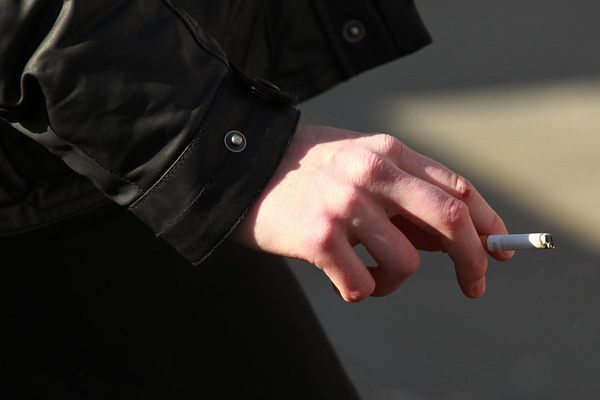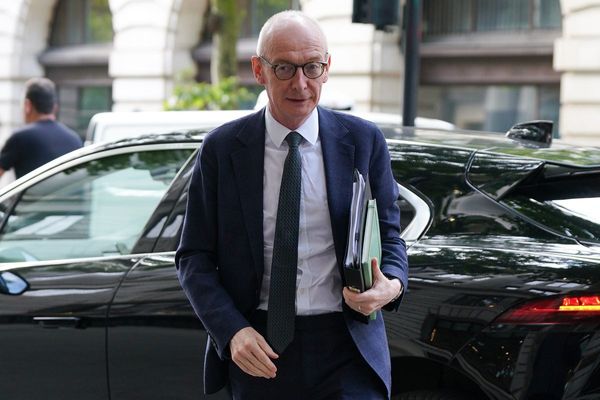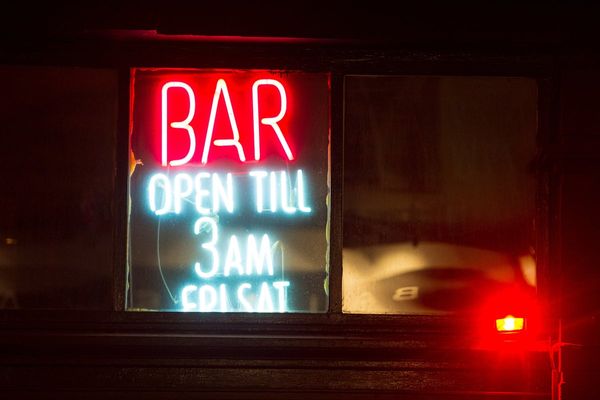
Kyiv (Ukraine) (AFP) - Ukrainian prosecutors said Thursday they were investigating 10 Russian soldiers for alleged war crimes in Bucha and had identified more than 8,000 suspected war crimes cases since Russia invaded.
In Washington, US President Joe Biden said he would ask Congress for a $33-billion package to further arm and support Ukraine and blasted Moscow for "idle comments" on the possible use of nuclear weapons.
"We're not attacking Russia," Biden said in a statement from the White House."We are helping Ukraine defend itself against Russian aggression."
On the ground, UN Secretary-General Antonio Guterres on his first visit to Ukraine since Russia's February 24 invasion -- now into a third month -- toured Bucha and two other towns where Russian forces are accused of crimes.
He decried war as "an absurdity in the 21st century" and called on the Kremlin to cooperate with an International Criminal Court investigation into the accusations.
Speaking at a joint news conference with Ukrainian President Volodymyr Zelensky later on Thursday, Guterres acknowledged the UN Security Council "failed to do everything in its power to prevent and end this war".
Later Thursday, Russian strikes hit Kyiv, in the first such bombardment of Ukraine's capital since mid-April, according to AFP correspondents and Zelensky's office.
Oligarch assets
The prosecutor general's office in Ukraine said the 10 servicemen under investigation served in Russia's 64th motorised infantry brigade.
They are suspected of "premeditated murder", cruel treatment and other violations of the laws and customs of war during their occupation of Bucha, northwest of Kyiv, in March.
In an interview with a German TV channel, Ukrainian prosecutor general Iryna Venediktova also revealed the country's investigators had identified 8,600 cases of possible war crimes.
They include "killing civilians, bombing of civilian infrastructure, torture" and "sexual crimes" reported during Russia's occupation of various parts of Ukraine, she said.
The $33-billion package sought by Biden is a significant increase on previous requests and comes after the Russian leader warned Wednesday that if Western forces intervene in Ukraine and create "unacceptable threats", they will face a "lightning-fast" military response.
The bulk -- $20 billion -- would be military and other security assistance, while $8.5 billion will be economic aid to help Ukraine's government respond to the crisis.
Biden also outlined proposals to use assets seized from Russian oligarchs to compensate Ukraine for war-time damage, as Washington tries to ratchet up economic punishment on the Kremlin.
Nearly 5.4 million Ukrainians have fled their country since the invasion, according to the United Nations, and more than 12 million others are displaced internally.
'One hope'
"We feel bad, we shouldn't be standing here," Svitlana Gordienko, a nurse forced to relocate to the southern city of Zaporizhzhia, told AFP as she queued for food at a humanitarian hub.
"We're left with only one hope: to return home," added pensioner Galina Bodnya.
With the war claiming thousands of lives, Kyiv has admitted Russian forces are making gains in the east, capturing a string of villages in the Donbas region.
The first phase of Russia's invasion failed to reach Kyiv or overthrow Zelensky's government after encountering stiff Ukrainian resistance reinforced with Western weapons.
The Russian campaign has since refocused on seizing the east and south of the country while using long-range missiles against west and central Ukraine.
Ukraine's Defence Minister Oleksiy Reznikov warned of "extremely difficult weeks" as Moscow tries "to inflict as much pain as possible".
Russia's defence ministry on Thursday said its forces had destroyed seven Ukrainian fuel and ammunition depots with "high-precision missiles".
German vote
Russia has targeted Western-supplied arms, as the United States and Europe increasingly heed Zelensky's call for heavier firepower.
Western allies remain wary of being drawn into war with Russia but have stepped up military support.
The German parliament voted overwhelmingly in favour of providing Kyiv heavy weapons, a major shift in policy.
It drew praise from Ukrainian senior presidential aide Mykhaylo Podolyak as marking "the return of (German) leadership" in Europe.
Meanwhile the civilian and military administrator of the Russian-controlled region of Kherson in southern Ukraine was quoted as saying that the ruble will soon be introduced in areas under Moscow's control.
Ukraine's ombudsman condemned the move as "act of annexation" and "gross violation" of UN Charter articles.
In its economic standoff with the West, Russia cut gas supplies to Bulgaria and Poland, both EU and NATO members, Wednesday.
Bulgaria's Prime Minister Kiril Petkov urged Europe to be "stronger" and wean itself off Russian gas as he also visited Ukraine, arguing "everybody in Europe should be able to".
'Blackmail'
Bulgaria and Poland are since receiving gas from EU neighbours, as Brussels warned it will not waver in its support for Kyiv, accusing the Kremlin of attempted "blackmail".
Biden said the West would not allow Russia "to use their oil and gas to avoid consequences for their aggression".
European powers have imposed massive sanctions on Russia since Putin's invasion but have moved slowly on hitting Moscow's vast exports.
Last year, Russia supplied 32 percent of the total gas demand of the European Union and Britain, according to the International Energy Agency, although Europe's biggest economy, Germany, is particularly reliant on Russian energy.
Tensions have also risen in Transnistria, an unrecognised breakaway region of Moldova that borders southwestern Ukraine.
Authorities there have reported several explosions and incidents this week that it called "terrorist attacks", leading Kyiv to accuse Moscow of seeking to expand the war further into Europe.
"We are alarmed by the escalation of tensions in Transnistria," Russian foreign ministry spokeswoman Maria Zakharova said, saying Moscow expected "a thorough and objective investigation".
burs-jj/imm/har







